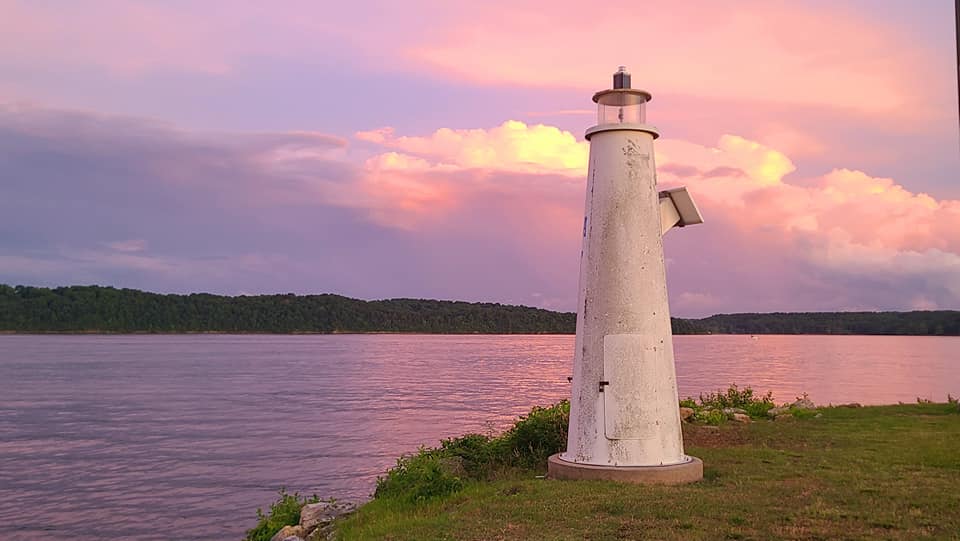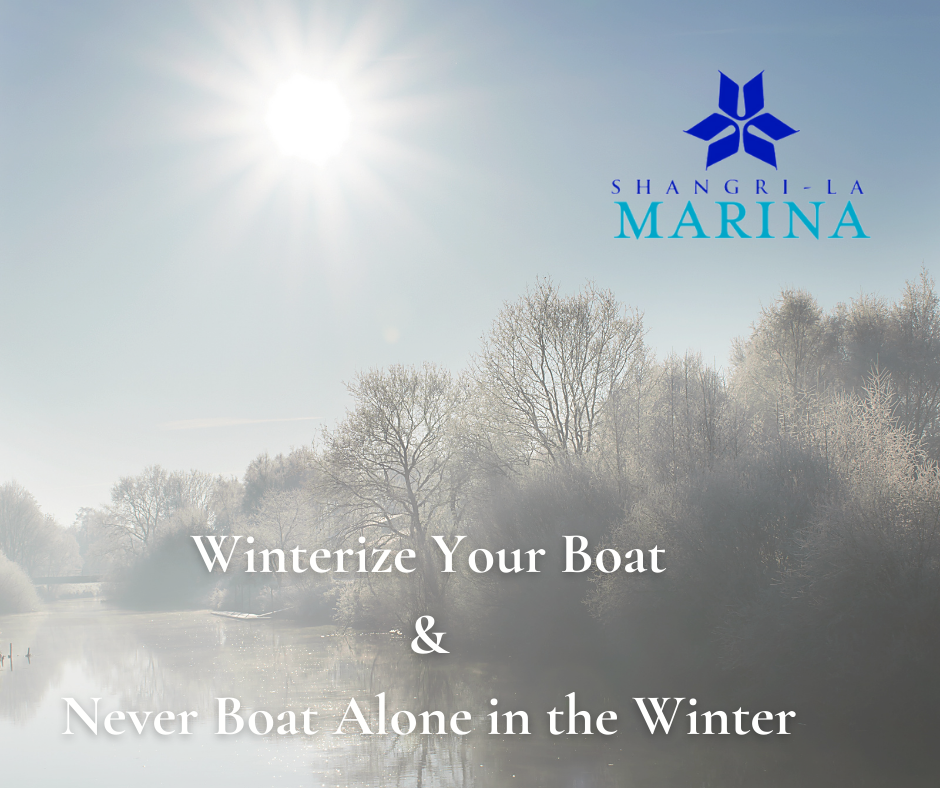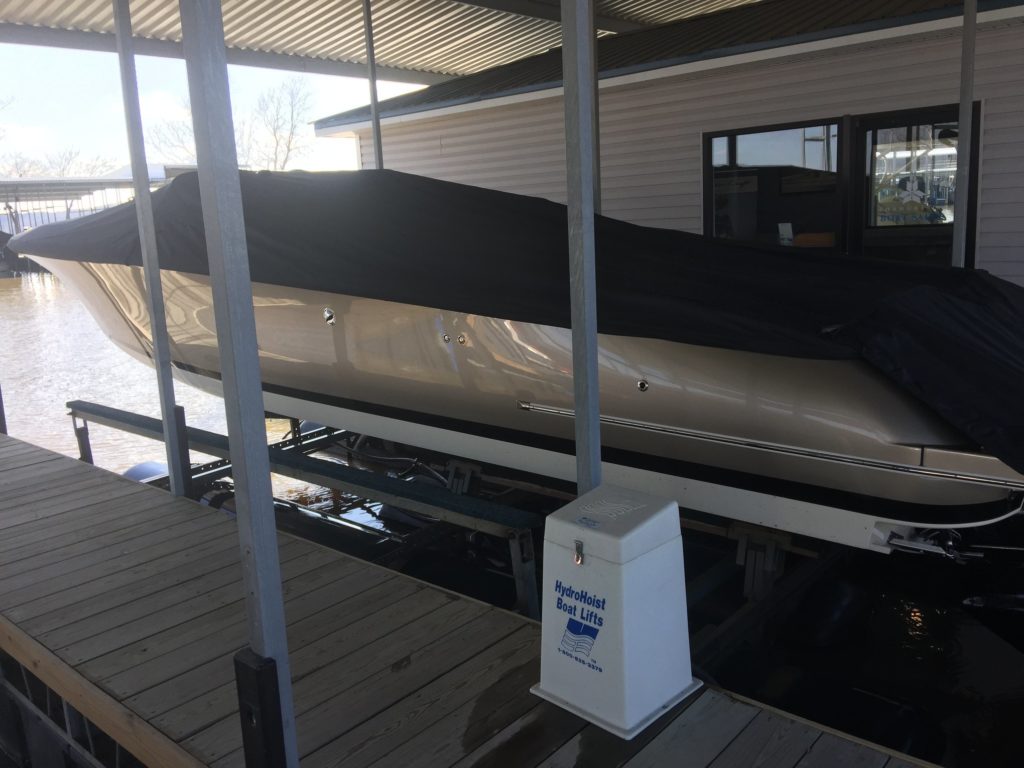
It’s Time to Winterize or Prepare for Winter Boating
Published by Mike Williams on Oct 12, 2021 2:16:10 PM
The time has arrived to begin planning for the safety of your boat and engine(s) for the winter. That means, if you don’t plan to boat throughout the year, it is time to winterize your boat and engine(s). Unless you are extra handy, it is a good idea to utilize the services of a marine mechanic from either a reputable independent agency or a boat dealership. Almost all cracked blocks and severe damage to winterized boats are the result of incomplete or inadequate winterization.
If you have inboard or I/O engines in the Grand Lake area, you certainly need to either winterize your boat or add onboard heating and bilge heating systems. I recommend Boat Safe bilge heaters installed by a professional. NEVER use a heater with an open flame. Fiberglass and fire are not a good mixture! Boat Safe bilge heating systems operate on thermostats to ensure that, given normal weather conditions, your engine compartment will remain at temperatures above freezing. Invest in an inexpensive thermometer with a probe to drop in your engine compartment so you can easily check the compartment temperature without uncovering and boarding your boat. Remember, the temperature doesn’t need to be room temperature – just above freezing. There are times of extended periods of severe cold (like last winter) when even bilge heating systems cannot keep up with consistent single-digit temperatures. In that case, don’t take a chance. Winterize!

With inboard or I/O engines, winter boating is not a great idea unless your boat has a generator or is located where someone is available to start your engine(s) periodically if electrical power is out. Otherwise, there is no way to get electrical power to your bilge heaters in the event of a power outage. If you have a generator, be sure someone is watching your boat to start your generator and switch electrical systems to “generator power” in the event of an extensive power outage. If you store your boat in a marina, be sure the management team knows your boat is not winterized. If you keep your boat at a private dock, but do not live at the lake full-time, be sure a friend or neighbor can keep an eye on your boat and the available electrical power supply.
If you have an outboard motor(s), water will drain from the motor once it is out of the water, so no winterization or additional protection is necessary. However, in any vessel, onboard water supplies and/or head facilities should be winterized. Water lines run throughout the vessel and can easily freeze and break in bad weather. If you have a liveaboard-style boat, you may want to keep the water system operational. Utilize a space heater in the cabin with cabinet doors and head compartment doors.

Winter boating on Grand Lake can be a fun and unique experience, but you should NEVER BOAT ALONE in the winter. There are too many possibilities of dangers that may seem insignificant in the summer but could be deadly in the winter (i.e. falling overboard, slipping on icy swim platforms or docks, exposure, etc.). And no matter the size of your boat, boat safely. Please always wear a lifejacket for winter boating – even on the docks!
Winter boating can be a lot of fun, for sure; but it will be a lot more fun if you plan ahead. Be safe.